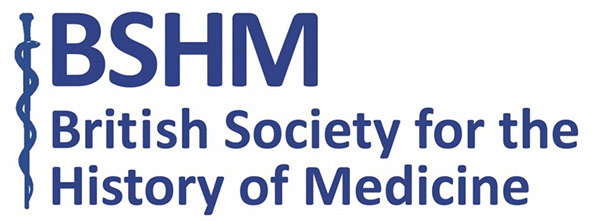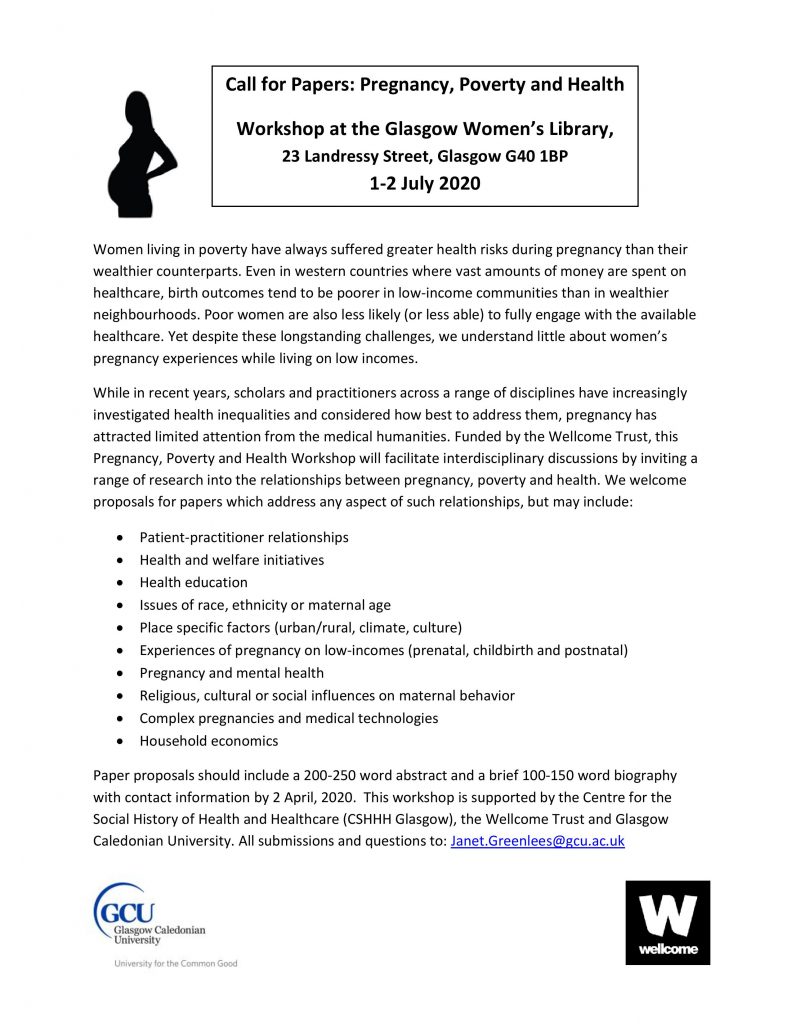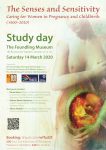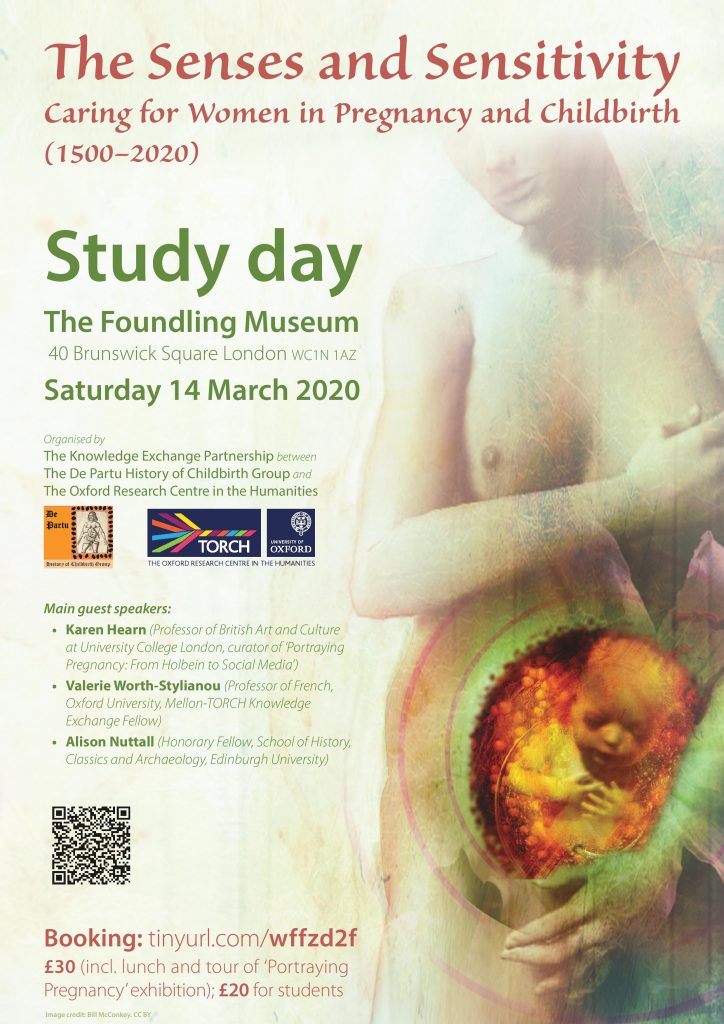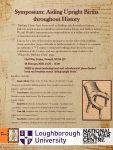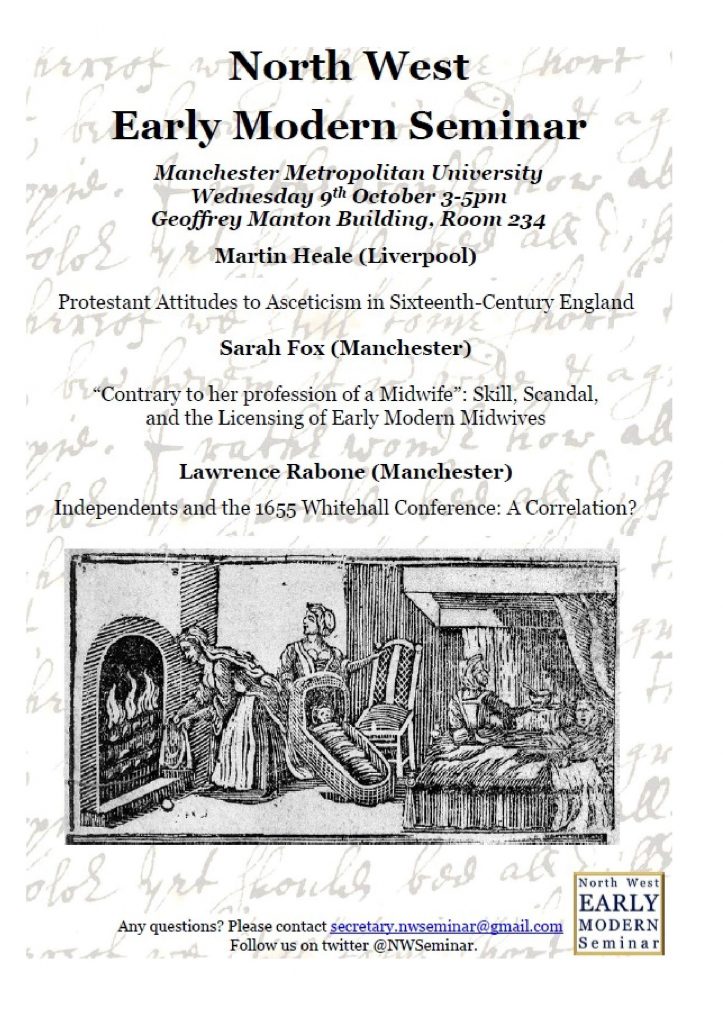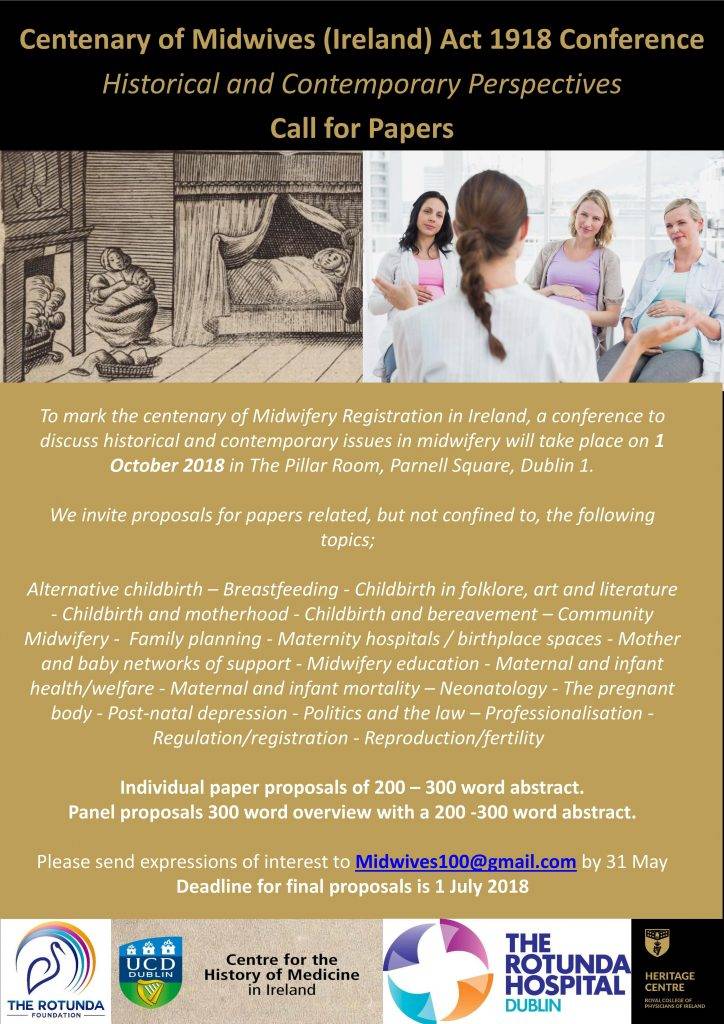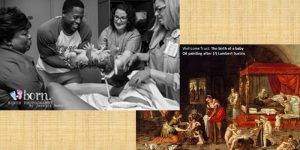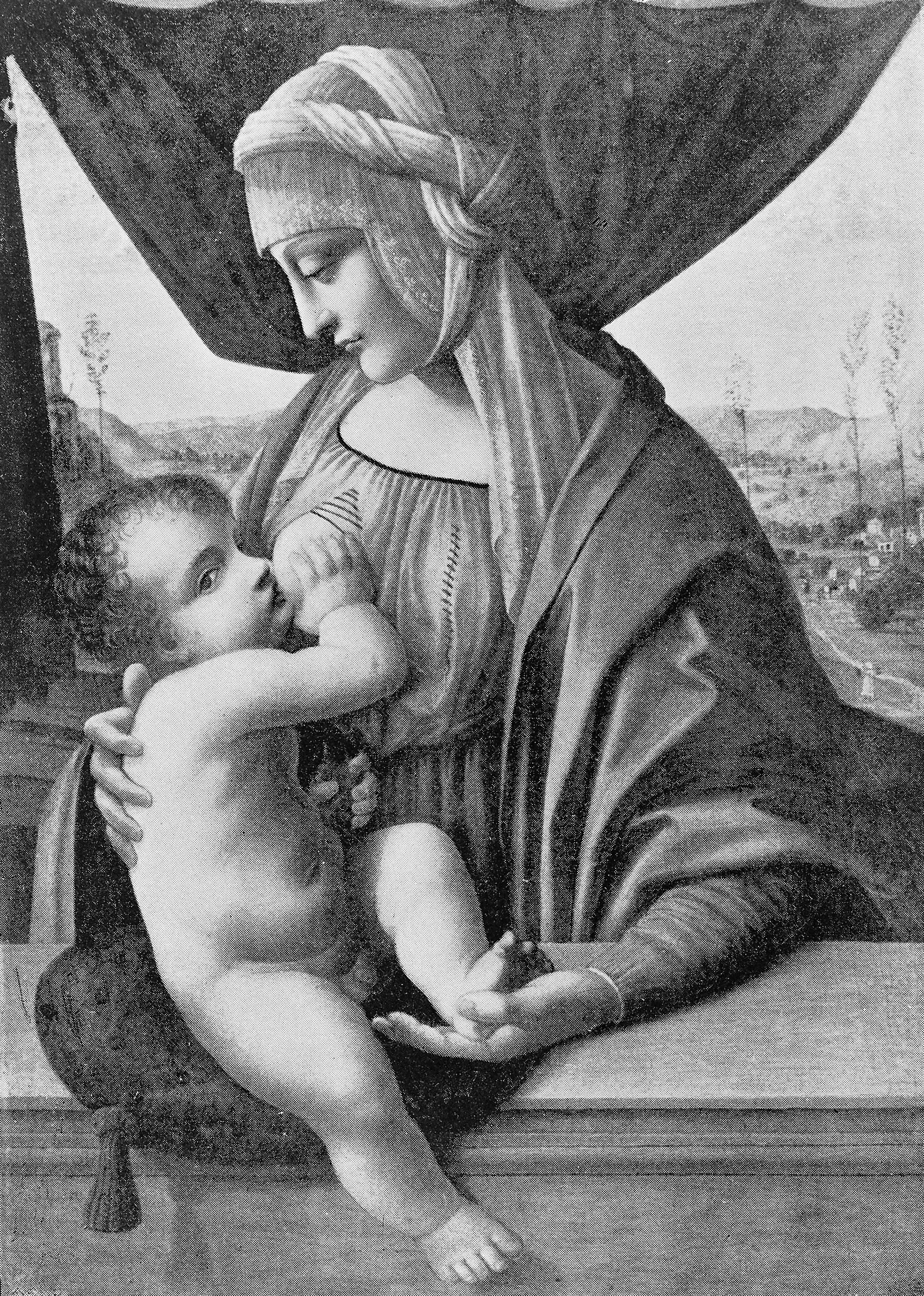
Wellcome Collection image: Madonna and child showing breast feeding. Milan. Musee Poldi-Pezzolige
In 1982 Chloe Fisher, who has dedicated much of her life to educating midwives and women on infant feeding and to supporting breast feeding mothers, published a historical review of modern breastfeeding ‘management’ and the origins of certain restrictive practices which prevailed for a considerable time during the twentieth century. While contemporary medical experts were advocating limiting the duration of initial breast feeds and no night feeds, at the end of this paper Chloe highlights the words of those who challenged such notions but whose work had hitherto been largely unrecognised. The following is a quotation from the concluding paragraphs of her paper:
‘Early in this decade [the 1950s] two well designed research projects (Illingworth and Stone, 1952: Newton, 1952) came to the conclusion that removing the restrictions would aid the establishment of lactation and reduce the incidence of problems. Other work led the author of a comprehensive history of infant feeding to say, of self-demand feeding,“When this regime becomes universally adopted, as surely it will, so the last chapter on the history of infant feeding will be concluded” (Wickes, 1953). That was in 1953!
In the developed world, slavish adherence to the earlier theories probably did as much harm to human lactation as the promotion of artificial feeds. But that we should have been guilty of taking these ideas to the developing countries, where artificial feeding can cause gross malnutrition, if not death, should make us pause for serious thought. How did it take another 20 years for the hoped-for improvements to begin to occur here? There is no simple answer, but a large contribution to the delay must have come from the rapid increase in hospital confinements, as it was in hospitals that these practices were firmly established. The rapid and happy changes that are now taking place owe much to the insistence of the many mothers who wish to breastfeed their babies. For the few professionals who are deeply concerned to increase breastfeeding, both for the sake of the mothers and their babies, exciting and rewarding times lie ahead.’
The UNICEF Baby Friendly Initiative World Breast Feeding Week (August 1st–7th 2018) ended recently. In the UK, the week was preceded by a sensational Channel 4 film in the Dispatches series, ‘Breast feeding uncovered’, which explored the experience of breast feeding mothers today through the eyes of a breast feeding investigative journalist. It would appear that, while many women are now motivated to breast feed, society’s attitude towards feeding in public and the recognition of its benefits to babies and families and ultimately to society, could be better.
J C Allotey 09/08/18
References
Fisher, C. (1982). Mythology in midwifery – or “making breastfeeding scientific and exact”. Oxford Medical School Gazette, Trinity Term, 30-33.
Illingworth, R.S., and D.G.H. Stone (1952). Self demand feeding in a maternity unit. Lancet, 1, 683.
Newton, N. (1952). Nipple pain and nipple damage. Journal of Pediatrics, 41, 411
Wickes, I.G. (1953). A history of infant feeding. Archives of Disease in Childhood, 128, 151
